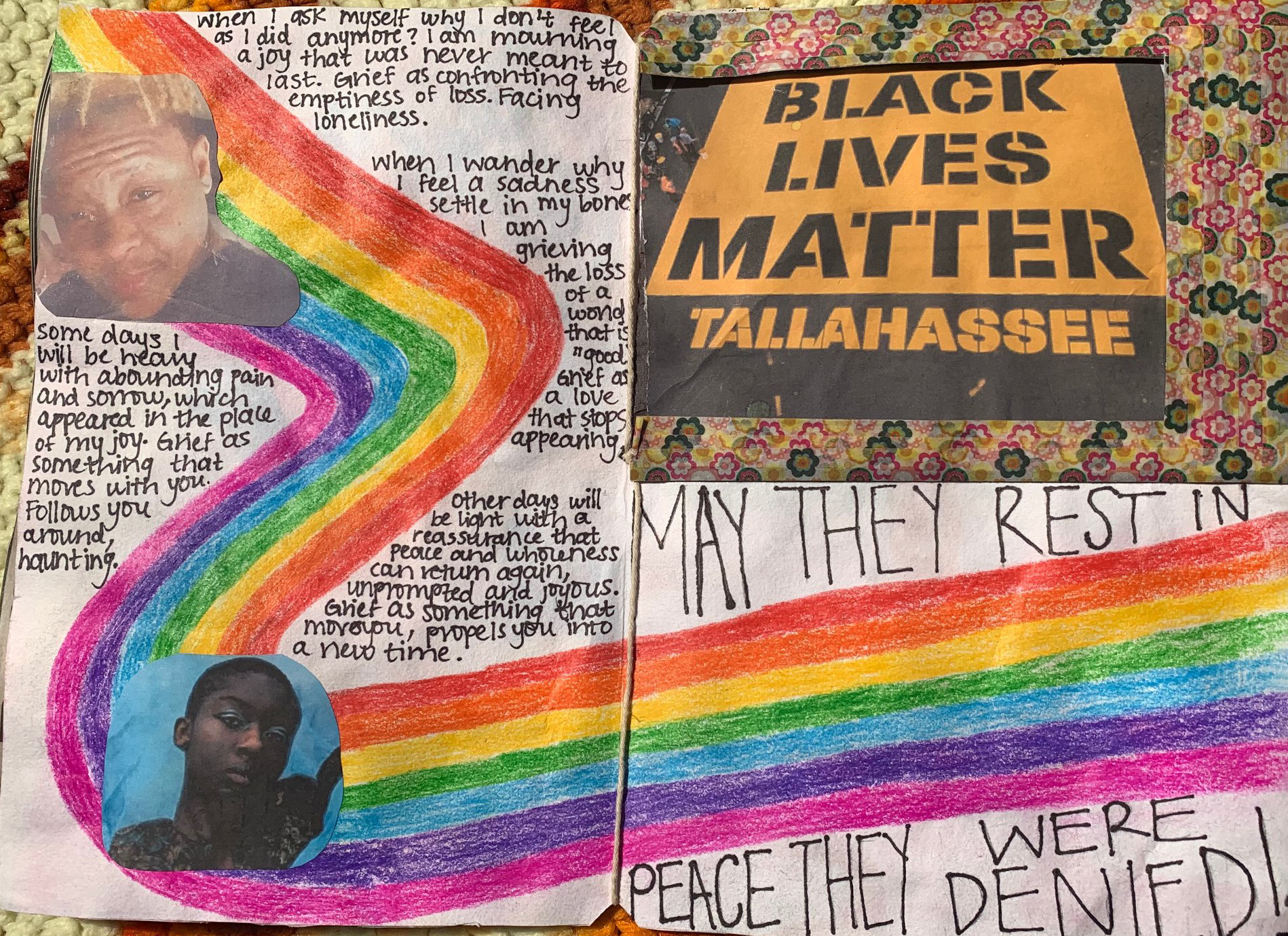
During a typical class session this past summer, students in Assistant Professor of Religious Studies Luis Salés’s “Feminist Interpretations of the Bible” course could often be found sleuthing around Facebook, Twitter, and other social media platforms during class time. But they weren’t distracted; this was part of their assignment: they were looking for social media posts from high-profile people that used religious assumptions to support public policy decisions.
The critical work of the course included students identifying and engaging with the religious assumptions that undergirded that public policy assumption and then offering a different and convincing feminist reading of the religious passage that could lead to alternate policies or practices.
“This was something new to how I would normally deliver course material, but students were incredibly excited about the new approach,” says Salés.
Salés’s course was one of nine offered this past summer as part of the College’s pilot program for summer classes. “We wanted to connect with our incoming and returning Scripps students in a time period where many students may have felt disconnected from their communities, the College, and usual activities,” says Amy Marcus-Newhall, vice president of academic affairs and dean of faculty at Scripps.
In Assistant Professor of Art and Scripps College Press Director Tia Blassingame’s course, “Zines, Artists’ Books, and Experimental Printing,” students wrote original text and generated imagery using traditional and alternative printmaking techniques to create a unique artist’s book. “During these chaotic and challenging times, art making can be essential for making sense of events and processing emotions,” said Blassingame. “Just as students were encouraged to experiment, I experimented with balancing synchronous and asynchronous instruction. Small group exercises and discussions focused on practicing how to provide, receive, and process critical feedback and on community building. The course also invited visiting artists and scholars into the class conversation.”
“Our professors stepped up to develop online classes over the summer, and they are applying that experience and learning as they embark on the fall semester,” says Marcus-Newhall. “As the Scripps community was, and continues to be, forced apart during these times, our faculty continue to find innovative and exciting ways to engage with and teach returning and new students. The faculty has truly been phenomenal.”

